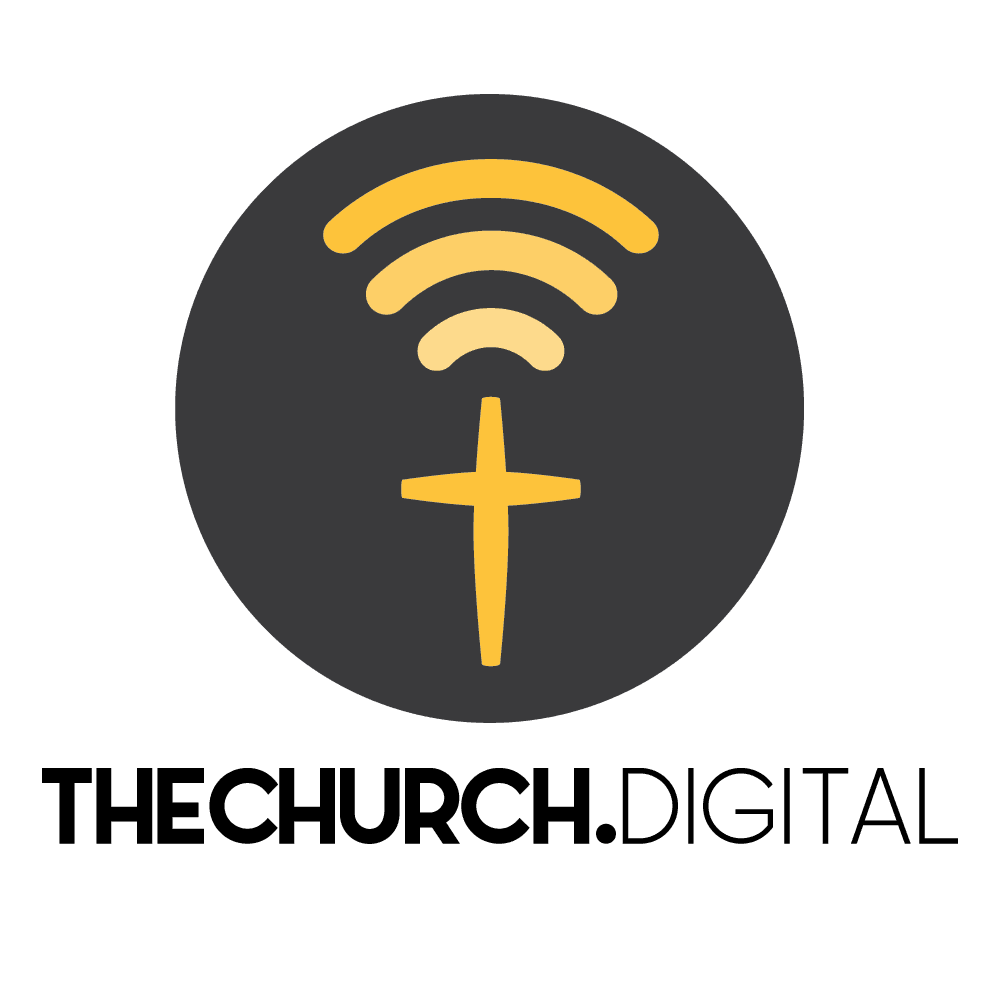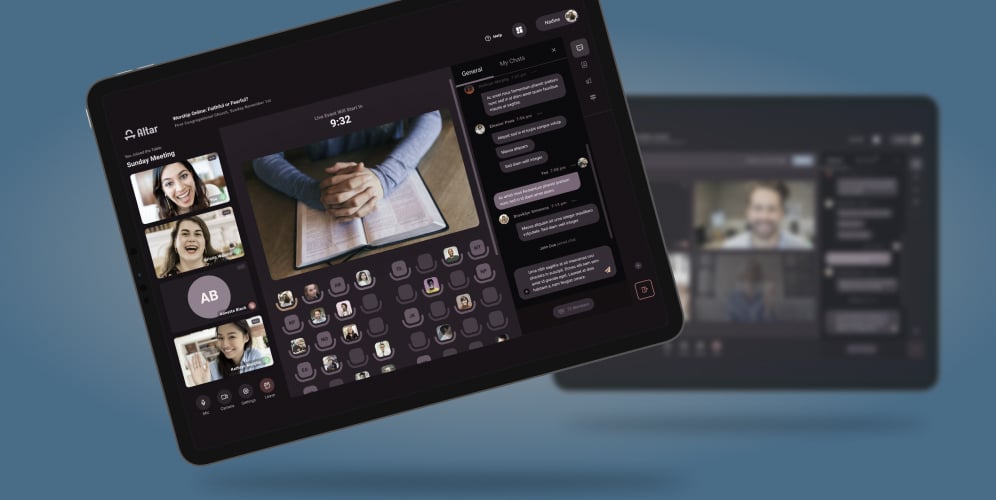By TheChurch.Digital:
Barna recently released data that suggests the opportunity to pray with someone at your church is a highly attractive offer not only to Christians, but also to people of other faiths and even of no faith. Asked if they would consider joining your church for online prayer, 68% of all Christians responded positively (including those who only attend church infrequently). 32% of people of another faith also responded positively, and a shocking 24% of people with no faith at all.
57% of all U.S. adults are at least somewhat open to online prayer during a church gathering
?This means that your church’s Sunday livestream may not be the essential draw for your unchurched friends and neighbors. Perhaps a signpost on your social media that announces that your prayer room is open for personal, private, face-to-face prayer is what will bring them.?
Does Facebook Prayer Count?
Now, what does that mean? When an unchurched person — or a faithful churchgoer, for that matter — is open to prayer while attending a service on Facebook, how does that happen? Are Facebook prayers real enough, deep enough?
Yes, I know the Holy Spirit intercedes for us, translates our inchoate words and thoughts and feelings, so that our groanings are communicated as prayers.
Facebook prayers? They must count as well. God gets the Internet.
I have to confess, though — sometimes typing prayers in a chat pane with a prayer partner sort of feels “less” somehow. Oh, sometimes it’s wonderful. But I get distracted by a few things that lessen the experience.
Typos. I know! I shouldn’t care! But, when the other person types “churnch” instead of “church,” my eye and my brain just take me off track. And, even worse, when I misspell something, I get overly concerned that the other person’s eye and brain are likewise off track. I find I never behave this way during spoken prayer. Please tell me I am not alone in this weakness.
Tone of voice. “I just need to know that God loves me.” Which word in that typed sentence is the emphasis? Is this an affirmation? Is this a statement of doubt? Is this person loved by others, and just wonders if God loves her? Or, she knows that God loves others, but does he love me? Or, is it the know part — that she thinks God loves her, but she needs to know it. Oh, if only she had said this simple sentence out loud, her tone of voice would tell me.
Body language. When I am praying with someone in person, I can tell a lot from their posture and facial aspect. Are they deeply troubled? Worried? Inert? Stoic? Nervous? Lonely? Distracted? Physically run down? But, online, I either make an assumption as if I know, or I do my best to pretend it doesn’t matter. Sometimes, I ask, but almost invariably my chat partner on the other end says — “Dude, I just need to know God loves me. I don’t need a counseling session. Let’s pray, not talk.”
“Caroline is typing.” In an everyday texting conversation, it is so useful to see a notification that my text partner is typing something. It helps make the conversation flow. With text-based praying, it’s a mixed blessing. I see “Caroline is typing” so I pause from typing my prayer. Then, she stops, but I don’t see any text from her. Should I resume my typed prayer? After I have entered and sent my portion of prayer, how do I know if she’s received and read it? Did she see what I wrote? Did it help? Are we done?
Anonymity. On Facebook, it’s common to see a post from a church host: “If you’d like prayer, let me know.” Ummm…. Does that mean I have to respond to you here in the chat, in front of everyone? I really don’t want to raise my hand in front of everyone to say “Yes, I need prayer” or “I’d like to pray”. I can only imagine later on hearing from others — “oh, I saw you asked for prayer. What was that about?” I’d just like it to be a bit more private than that.
Delays. Sometimes, there’s a link in the Facebook chat — “Want prayer? Click here.” Invariably, it brings me to a form on the church’s website, which I fill in, and then wait for an email response back. That’s a little too 20th century for me. It’s still prayer. It’s just a little slow.
Don’t get me wrong. It’s prayer! And, text-based prayer is a huge blessing, especially compared to the alternative, which is no prayer at all. It’s just that all my visual and aural faculties are absent from the environment. So, in a meaningful way, yes, it is a “less than” experience. Greater than zero, less than normal.
Facebook Church Livestream + Altar Face-to-Face Prayer
Let’s take another look at that link on Facebook that points to a prayer page. What if clicking that link didn’t bring the prayer-seeker to a form, but instead brought them to a virtual prayer chapel? This is how some churches have begun to use Altar Live.
They set up an Altar Live event as a Lobby, complete with tables and chairs.
Each table has a person already sitting there, and has “Prayer with Veronica” as a label. When a visitor arrives there directly from Facebook, they simply look around and see who they would like to pray with, choosing someone who feels like a good match based on gender, age or other demographic characteristics.
Prayer tables in Altar Live for private, face-to-face prayer time
My son (in Maine) and me (in Boston) in Altar Live at a prayer table
Church Metrics: People in Prayer, not People in Pews
The churches who have pursued this model talk about deepening a culture of prayer within their community.
As pastoral staff develop new metrics beyond attendance, the prayer life of the congregation is a natural target for measurement. In a recent podcast on Rich Birch’s unSeminary, Pastor Darell Roland of Rock Bridge Church is quite direct on this matter:
Rock Bridge no longer focuses on Sunday, but rather on the Monday through Thursday that lead into the Sunday. Instead of the executive team dashboard focusing on numbers like attendance, they focus on hours spent in prayer, number of people in prayer groups, and new people recruited and engaged in ministry and outreach. Look at engagement and participation in those areas. Attendance will be a by-product of those things.
Is your church looking to deepen a culture of prayer? What mechanisms are you finding for corporate prayer and intercessory prayer?
![]()
Source: Does Facebook Prayer Count?

